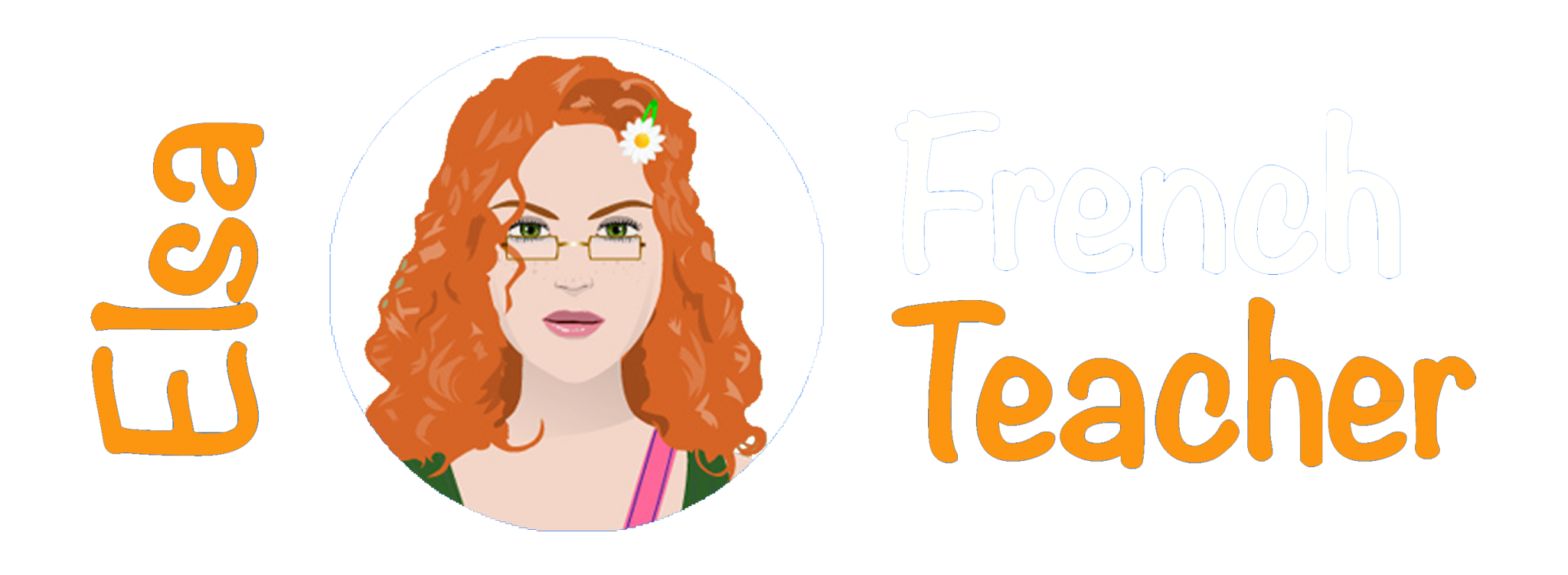How to use the pronoun EN in French
EN is a pronoun, which means that it replaces a noun (or a nominal group). We use it a lot but it’s not always easy to figure out when and how to use it when you are not a native speaker.
In this article, I explain everything you need to know to use it well.
This lesson is long, so grab a seat and read this with all your attention 😉
The first thing you need to memorize with EN is that it’s used (most of the time) to replace a nominal group starting with DE.
Let’s see more precisely when.
The pronoun EN replaces the quantities
We use EN to replace a noun preceded with an expression of quantity.
With a partitive article
Je mange de la soupe > J’en mange.
Je mange du chocolat > J’en mange (DU = DE+LE)
Je fais de la danse > J’en fais
Je fais du sport > j’en fais
Yes I know it’s odd to use a partitive with the sports, but it’s a specificity of the verb FAIRE, learn more here.
With non precise
En replaces
des, beaucoup de, peu de, un peu de, trop de, moins de, plus de, autant de, assez de, suffisamment de,
plusieurs, quelques etc.
(Notice that most of them are built with DE.)
For example :
Fabrice mange des frites. > Il en mange.
J’ai trop de travail. > j’en ai trop.
J’ai assez de temps. > j’en ai assez.
J’ai quelques livres. > j’en ai quelques-uns.
J’ai quelques histoires. > j’en ai quelques-unes.
Notice that you need to repeat the quantity at the end, otherwise we would lose a piece of information.
« Quelques » is special, it becomes « quelques-uns » (masculin) and « quelques-une » (feminin) and means « some » or « a few ».
With precise quantities
En also replaces precise quantities introduced by expressions like :
Un verre, trois litres, deux paquets, cinq tablettes, une tranche, un morceau, une part, un carré, un pot, une bouteille, un tube etc.
For example :
Fabrice mange une part de tarte > Il en mange une part.
Fabrice boit un verre d’eau > Il en boit un verre.
Here again, don’t forget to repeat the quantity at the end.
With countable quantities
En also replaces quantities we can count, introduced by a number (1, 2, 3, 4 etc.) :
Fabien mange un sandwich > Il en mange un
Fabien mange une omelette > Il en mange une
J’ai deux enfants > j’en ai deux
The pronoun EN replaces a place
EN replaces the place we come from :
Je viens du supermarché > J’en viens.
The pronoun EN replaces a noun following a verb built with the preposition DE
This is another use of EN.
To know when to use it, you need to know which verb is built with DE.
I know this not always easy when you are not a native speaker, but you get used to it with time.
Here are some examples of verbs :
avoir besoin de, avoir envie de, parler de, s’occuper de, s’éloigner de, se rapprocher de, se préoccuper de, se servir de, se souvenir de …
Some sentences :
J’ai besoin de vacances > j’en ai besoin.
Je vais m’occuper de ce problème plus tard > Je vais m’en occuper plus tard.
Je me sers toujours d’écouteurs quand je téléphone > Je m’en sers toujours quand je téléphone.
Je parle souvent de mon travail > J’en parle souvent.
Here I need to precise that if you are talking about people, you don’t use EN, you use
DE + the « pronom tonique »!
Don’t worry, I’ll give you some examples :
Je m’occupe de mes enfants. > Je m’occupe d’eux.
Je parle de ma voisine. > Je parle d’elle.
Je me souviens de mon grand-père. > Je me souviens de lui.
The «
moi, toi, lui, elle, nous, vous, eux, elles.
In my opinion, if you forget to use the «
Position of EN
You’ve seen that EN is before the verb in the present form:
J’en parlerai (futur).
j’en ai parlé (passé-composé).
j’en parlais (imparfait)
etc.
EXCEPT
in the «
Je VAIS en PARLER
And also with the modal verbs :
Je DOIS en PARLER.
Je VEUX en PARLER.
Je PEUX en PARLER.
Negation with EN
Now you’ve understood that, let’s add the negation to the sentences :
Je n’en parle pas.
Je n’en parlerai pas.
Je n’en ai pas parlé.
Je ne vais pas en parler.
Je ne dois pas en parler.
After reading these sentences we can summarize with these formulas :
PRESENT and all the simple tenses :
Subject + NE + en + verb + PAS.
PASSE-COMPOSE and all the composed tenses (two parts) :
Subject + NE + en + auxillary + PAS + past participle.
FUTUR PROCHE and the modal verbs :
Subject + NE + MODAL + PAS + en + verb.
And don’t forget that NE becomes N’ before EN (it starts with a vowel).
EN and the imperative
If you want to use the imperative with EN, to say for example « Talk about it! » or « Eat some! » you will say :
Parles-en!
Manges-en!
En is after the verb, linked with « -« .
And with the negative form :
N’en parle pas ! (Don’t talk about it.)
N’en mange pas! (Don’t eat any.)
In conclusion
It’s not easy to use EN, but you get used to it with time. Try to make some sentences with it to practice.
I advise you to read the article talking about the pronoun Y, that you should not confuse with EN.
Work well and see you soon!
Elsa
